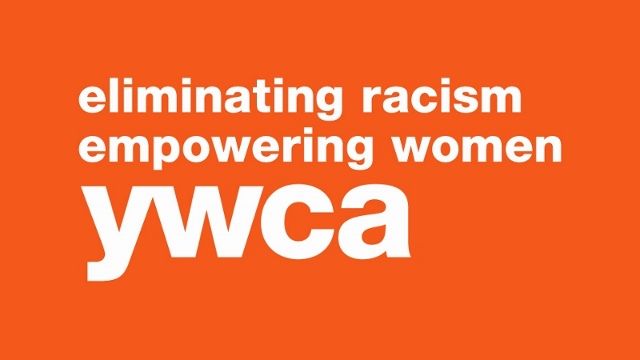DCADV's Response to OWAA Delaware Women Status Report 2024
By Elaine Ansah, DCADV's Policy Coordinator
The Office of Women’s Advancement and Advocacy has compiled their annual Delaware Women Status Report for 2024. This report provides a comprehensive look at the status of women throughout the state across six areas including health, workforce and economic security, education, safety and leadership.
The report highlights existing health inequities among men and women, but especially among Black and Hispanic women. Despite the State’s continued efforts to address these gaps in healthcare, nearly 24% of Black women and 26% of Hispanic women report fair or poor health status, compared to 15% of White women. The State also recognizes racial disparities exist within our maternal healthcare system, with the infant mortality rate for Black women being more than three times the rate for White women.
According to the Women Status Report, despite women receiving more academic degrees than men, their salaries continue to fall behind their male counterparts. Again, we see racial disparities are a factor, with Black and Hispanic women earning considerably less than White women for every dollar earned by men. Reportedly, Black and Hispanic women earn 61 cents while White women earn 81 cents for every $1 earned by White men. This leads to 20% of Hispanic and 18% of Black women and girls currently living in poverty throughout Delaware. The wage disparity in Delaware, made even more evident when we factor in race, highlights the need for women to have equitable access to education, employment, and affordable childcare.
In addition to the wage gap, high childcare costs are often a major obstacle for women to enter or remain in the workforce, especially for those with lower incomes. The high costs of childcare continue to disproportionately affect women, as women have primary caregiving responsibilities within their family. While government programs exist to offset the cost of childcare for the lowest income workers, many other low- or moderate-income women are left with responsibility for the entirety of the cost.
The report has also indicated that there were 2,374 criminal domestic violence incidents resulting in physical injury, with 74% of victims being female. As we know, domestic violence continues to be a major issue across the state. Domestic violence continues to disproportionately affect women. Continued acts of domestic violence can cripple women's economic security by restricting opportunities to work, get an education, seek medical care, and obtain assets such as home ownership and even a savings account.
DCADV recognizes that while Delaware has come a long way in women’s advancement and advocacy, there is more work to be done. We encourage everyone to review the 2024 Women Status Report to remain informed on the progress of women in Delaware. We would like to thank the Office of Women’s Advancement and Advocacy for their work putting this report together, and for their support and commitment to advancing the status of women in Delaware.
DCADV is committed to ending and preventing domestic violence and works collaboratively with community and system partners to advance victim safety, economic security, and funding for Domestic Violence services. DCADV will continue our advocacy work to advance protections for domestic violence survivors and funding for shelters and provider agencies. We look forward to working with you in our shared effort to end and prevent domestic violence!
You can support DCADV’s mission by becoming a member or attending one of our free trainings.
If you are a victim of domestic violence, please know help is available! Our website: www.DCADV.org.




